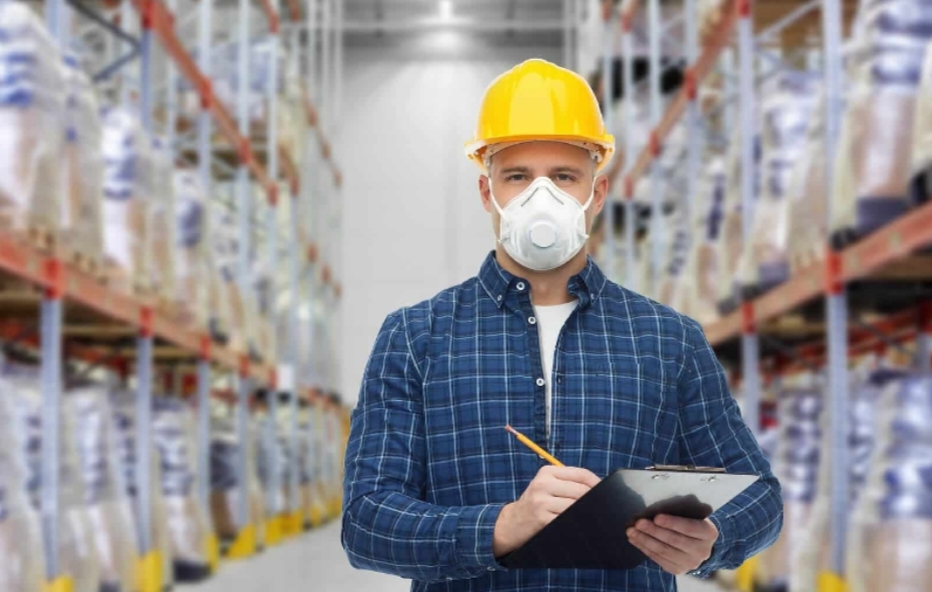In any workplace where employees are exposed to hazardous airborne particles, gases, or vapours, the use of personal protective equipment (PPE) is crucial. Among the most vital pieces of PPE is the respiratory mask, designed to safeguard workers from inhaling harmful substances. However, for a mask to provide effective protection, it must fit properly. This is where fit testing becomes essential, particularly in a diverse and industrially active city like Melbourne.
What is Fit Testing?
Fit test Melbourne is a procedure that ensures a respiratory mask fits the wearer’s face correctly, providing a reliable seal against airborne contaminants. A poorly fitting mask can leave gaps that allow harmful substances to enter, compromising the safety of the wearer. Fit testing is a mandatory requirement in many industries where respirators are used to protect workers from inhaling dangerous substances.
There are two main types of fit testing:
- Qualitative Fit Testing: This method is a pass/fail test based on the wearer’s ability to detect a test agent introduced around the edges of the mask. If the wearer can taste or smell the test agent, the mask does not have a proper fit.
- Quantitative Fit Testing: This method uses specialized equipment to measure the amount of leakage around the mask seal. The results provide a numerical fit factor, with higher numbers indicating a better fit.
Why is Fit Testing Important in Melbourne?
Melbourne, as one of Australia’s largest cities, is home to a wide range of industries, including construction, manufacturing, healthcare, and chemical processing. These industries often involve exposure to hazardous substances, making effective respiratory protection a critical component of workplace safety.
- Compliance with Local and National Regulations: In Australia, fit testing is not just recommended; it’s a legal requirement under workplace health and safety regulations. Employers in Melbourne must ensure that all workers who use tight-fitting respirators undergo regular fit testing. Compliance with these regulations is essential to avoid penalties and, more importantly, to protect employees’ health.
- Protection Against Occupational Hazards: Melbourne’s industrial landscape presents numerous respiratory hazards. Workers may be exposed to dust, fumes, chemical vapors, and biological agents that can cause serious health issues. Proper fit testing ensures that respirators are effective in providing the necessary protection, reducing the risk of respiratory illnesses and long-term health effects.
- Confidence in Workplace Safety: Regular fit testing fosters a culture of safety within the workplace. When employees are confident that their protective equipment fits correctly and functions as intended, they are more likely to use it consistently and correctly. This leads to a safer work environment and greater overall compliance with safety protocols.
The Fit Testing Process:
The fit testing process is straightforward but must be conducted by trained professionals to ensure accuracy. Here’s an overview of what to expect during a fit testing session:
- Pre-Test Preparation: Before the test, the wearer must be clean-shaven where the mask seals against the face, as facial hair can compromise the seal. The appropriate mask size and model are selected based on the wearer’s facial structure.
- Performing the Fit Test: The wearer dons the mask and performs a series of exercises, such as moving the head side to side, talking, and bending over. These exercises simulate everyday movements that could potentially break the mask’s seal. During these movements, either qualitative or quantitative fit testing methods are used to assess the fit.
- Evaluating the Results: After the test, the results are analyzed to determine if the mask provides an adequate fit. If the mask fails the test, adjustments are made, or a different model or size is tested until a proper fit is achieved.
- Regular Re-Testing: Fit testing should be conducted at least annually or whenever there are significant changes that could affect the fit, such as weight fluctuations, facial injuries, or a change in the type of mask used.
Common Scenarios Requiring Fit Testing in Melbourne:
Several industries in Melbourne require regular fit testing for their workers:
- Construction: Workers may be exposed to dust, silica, and other particulate matter.
- Healthcare: Healthcare professionals need protection from infectious agents and other biohazards.
- Manufacturing and Chemical Processing: Employees may be exposed to toxic gases and chemical vapours.
Conclusion
In Melbourne’s diverse and industrially active environment, fit testing is an essential safety measure that ensures workers are adequately protected against respiratory hazards. By conducting regular fit testing, employers can comply with safety regulations, protect their employees’ health, and promote a culture of safety in the workplace.
For businesses in Melbourne looking to implement or improve their fit testing protocols, expert assistance is available. To learn more about professional fit testing services and ensure your workplace meets the highest safety standards, visit Anitech Group’s Fit Test Melbourne. Protecting your workforce starts with the right fit, and it’s an investment in safety that every organization should prioritize.

